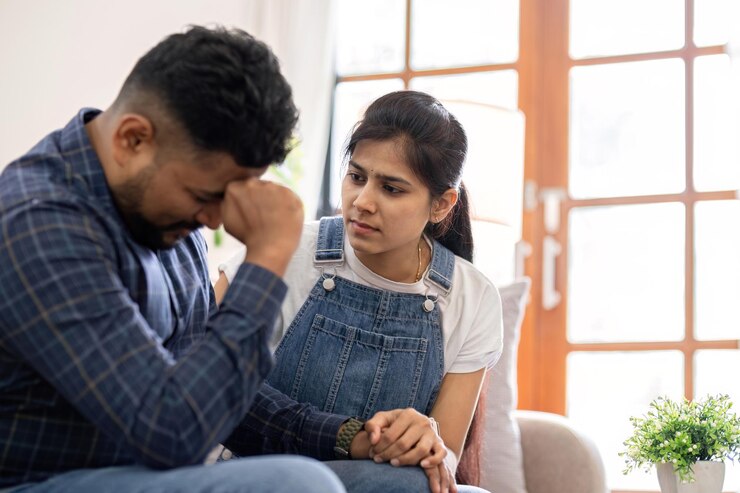Menstruation is the most essential and, again, the most neglected aspect of a woman’s life. Discussing irregular periods makes women feel conscious and uncomfortable, but if you are facing period irregularities, then consulting a healthcare professional might be a wise decision. Certain medical conditions, like pelvic inflammatory diseases, endometriosis, benign growths, and inherited blood disorders, might lead to menstrual irregularities. Again, anti-inflammatory and hormonal medications might affect menstrual bleeding. Not to forget, hormonal imbalances are one of the major reasons most women suffer from irregular menstruation.
While period irregularities cannot be completely cured, the symptoms can be managed with the help of professional healthcare. However, we suggest that you try out some natural remedies to regularise your menstrual cycle. Here are a few natural home remedies that might help.
Be A Yogi
Yoga can help you manage irregular periods. Practising 45 minutes of yoga for six days a week can significantly help to balance your hormones and regularise menstruation. Moreover, yoga can elevate painful periods before and during menstruation. If you are new to yoga, then consider practising for 20 minutes at the beginning. There are many videos on YouTube related to yoga that might help you kickstart your journey as a yogi!
Maintain A Healthy Weight
Excess body weight can lead to painful and irregular periods. Again, extreme weight loss can also lead to irregular menstruation. This is the reason why maintaining a moderate body weight is vital for balancing insulin levels and hormones. If you wish to reduce weight, then start practising yoga, and eating in a calorie deficit can help you shed excess fat and regulate your periods to a great extent.
Regular Exercise
If you are overweight and yoga doesn’t interest you much, consider other forms of exercise like functional training and lifting weights. However, whatever physical activity you choose, ensure that you do it daily. Exercise done daily for at least 45 minutes may reduce menstrual pain and regulate periods.
Add Ginger To Your Diet
While ginger is known to effectively alleviate period pain, many women swear that it also helps to regulate the menstrual cycle by reducing the amount of blood lost during menstruation. The benefits don’t just stop there; ginger can help with PMS symptoms, elevate your mood, and reduce the physical discomfort faced during the luteal phase of the menstrual cycle.
Cinnamon – The Miracle Herb
Cinnamon acts like a magic pill for women suffering from menstrual symptoms. It’s a safe and natural treatment for women suffering from PCOS and can regulate the menstrual cycle effectively by reducing period pain and bleeding. You may also get relief from vomiting and nausea that are associated with primary dysmenorrhea.
Take Your Vitamins Regularly
Vitamin D can help regularise your menstrual cycle and effectively treat menstrual irregularities in people suffering from PCOS. Taking vitamin B and vitamin B-6 can also alleviate PMS symptoms to a great extent. As per studies, women who took vitamin B-6 and calcium also experienced reduced PMS symptoms.
Apple Cider Vinegar
As per research, 15 ml of apple cider vinegar daily can restore ovulatory menstruation in females suffering from PCOS. While more research is needed to validate the results, many women have reported that apple cider vinegar mixed with honey did make a difference. As apple cider has a bitter taste, taking it with honey and water can make consumption easier.
Eat Pineapple
Pineapple contains bromelain, which is an enzyme that softens the lining of the uterus and regulates your menstruation. Bromelain has anti-inflammatory and pain-relieving properties and elevates menstrual cramps. That’s why without any doubt papaya, which is high in bromelain, is a highly popular home remedy for menstrual issues.
The Bottom Line
While these home remedies and lifestyle changes can help regulate periods, irregular menstruation cannot be completely cured but can be managed. However, if irregular periods are a cause for concern and the symptoms become too severe, consulting a healthcare professional becomes mandatory.






